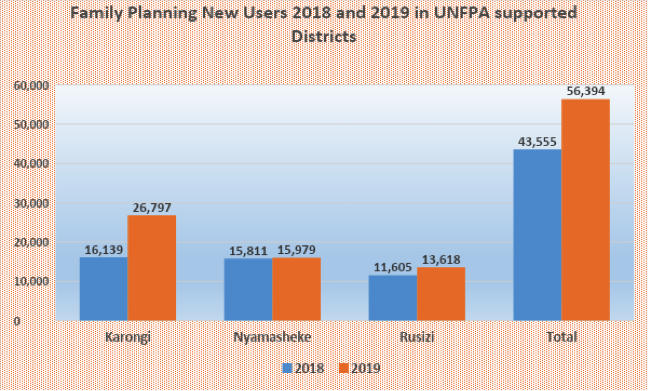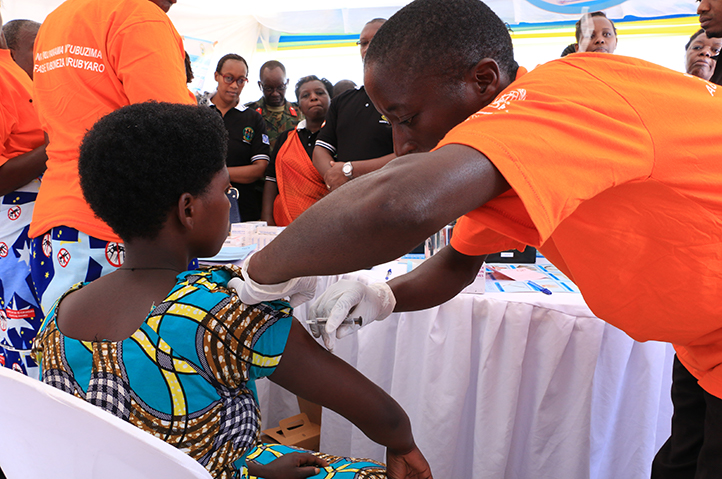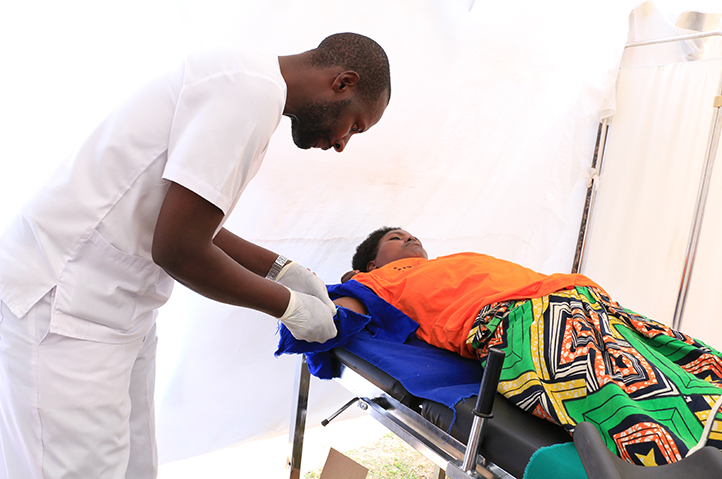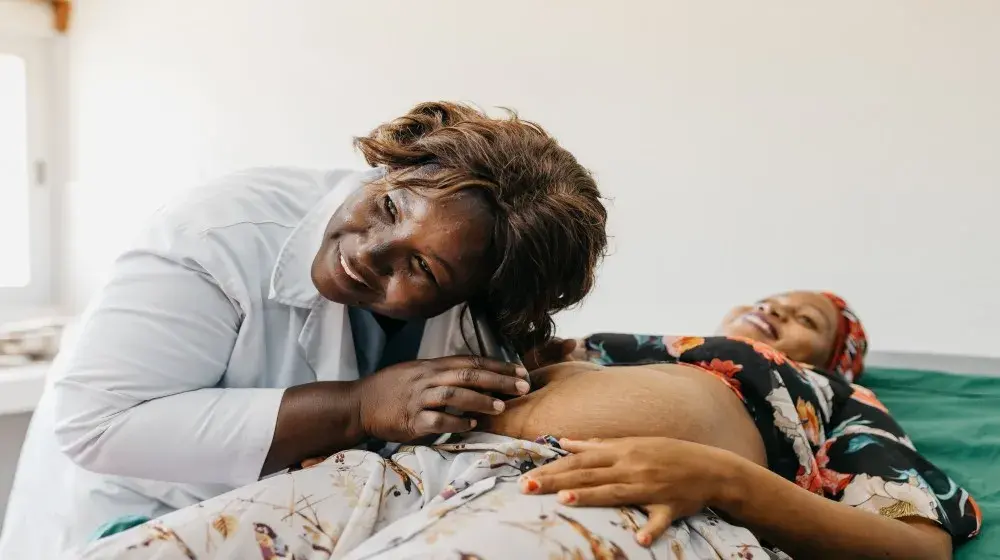“Zero is the only acceptable target and it is within our power to achieve.” said DR. Natalia KANEM, UNFPA Executive Director at the opening of the Nairobi Summit on ICPD 25, November 2019.
Access to safe, voluntary family planning is not only a human right but also a development imperative. Family planning is a key factor in reducing poverty and central to gender equality and women’s empowerment. Since 1994, millions of women have accessed modern contraception, choosing if or when to have children, how many and with whom. Still, more than 214 million women today have an unmet need for family planning.
Over the years, Rwanda has made significant progress in the delivery and uptake of family planning services with the prevalence of modern contraceptives increasing from 10% in 2005 to 47.5% in 2014/2015, unmet need for family planning has declined from 38% to 19% between 2005 and 2015, and total fertility rate dropping from 6.1 in 2005 to 4.2 birth in 2014/2015.
The Government of Rwanda committed to delivering on the promise of the 2030 Agenda for sustainable development and to guaranteeing reproductive rights and ensuring equitable and universal access to health care, leaving no one behind, and achieving universal access to sexual and reproductive health. This requires renewed consideration in the Family Planning (FP) service delivery, including last-mile services and funding to meet FP 2020 goals.
“In Rwanda, advancing family planning and reproductive health has been proven to have a direct correlation to overall empowerment of families and, as a result, our commitment to FP2020 has led us to work even harder,” said H.E Mrs Jeannette Kagame at the 5th International Conference on Family Planning (ICFP) in Kigali, November 2018.
UNFPA works to increase access to and use of quality family planning services for individuals and couples. The national programme has streng
thened its focus on family planning, including Post Partum Family Planning (PPFP) and integration within comprehensive reproductive health services linked with maternal health care and HIV prevention.
Throughout the year 2019, the 3 districts supported by UNFPA in Rwanda, namely Karongi, Rusizi and Nyamasheke, registered 56,394 Family planning new users, with a difference of 12,839 new users compared to 2018. This great achievement was reached due to innovative strategies including MCH week twice a year, travelling youth caravan and other outreach activities carried out to reach the last mile and hard to reach areas as Rwanda was celebrating the remarkable gains made since the ICPD.

“Rwanda is making impressive strides to promote sexual and reproductive health and rights, including towards ending the unmet need for family planning. We are inspired by the increasing number of new users of family planning in the 3 priority districts that UNFPA partners.” said Mark Bryan Schreiner, UNFPA Representative to Rwanda
From 12-14 November, the Governments of Kenya and Denmark and UNFPA convened the Nairobi Summit on ICPD25, a high-level conference to mobilize the political will and financial commitments to fully implement the ICPD Programme of Action. Rwanda renewed its commitments to transform the world by ending all maternal deaths and all unmet needs for family planning, gender based violence and harmful practices against women and girls by 2030.
Rwanda committed to improve family planning services delivery, access and uptake by increasing the number of health facilities, skilled healthcare providers and by expanding the available contraceptive method mix, including emergency contraceptives, in order to decrease unmet need for family planning.
“If we must attain: zero unmet need for family planning; zero maternal deaths; zero harmful practices against women & girls, including child marriage& female genital mutilation. We must work toward a mindset shift about women’s rights.” said H.E Mrs Jeannette Kagame during the high-level dialogue on women leadership at Nairobi Summit, November 2019.
The Government of Rwanda has made various investments in family planning services including training health providers, equipping health facilities, procurement of contraceptives and put in place favorable policies for the well-being of the citizens. UNFPA will continue to work with the Government to deliver what is required to transform the lives of Rwandans and contribute to a healthier country. Together we must go the last mile to reach marginalized and young populations, in particular adolescent girls. By helping them fulfil their potentials we will harness the demographic dividend and realize the ambition of the 2030 agenda of sustainable development for all.





